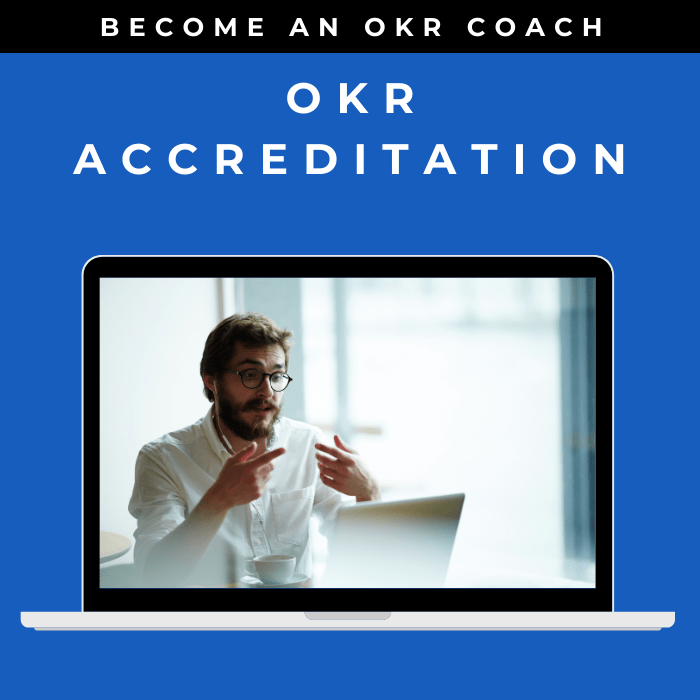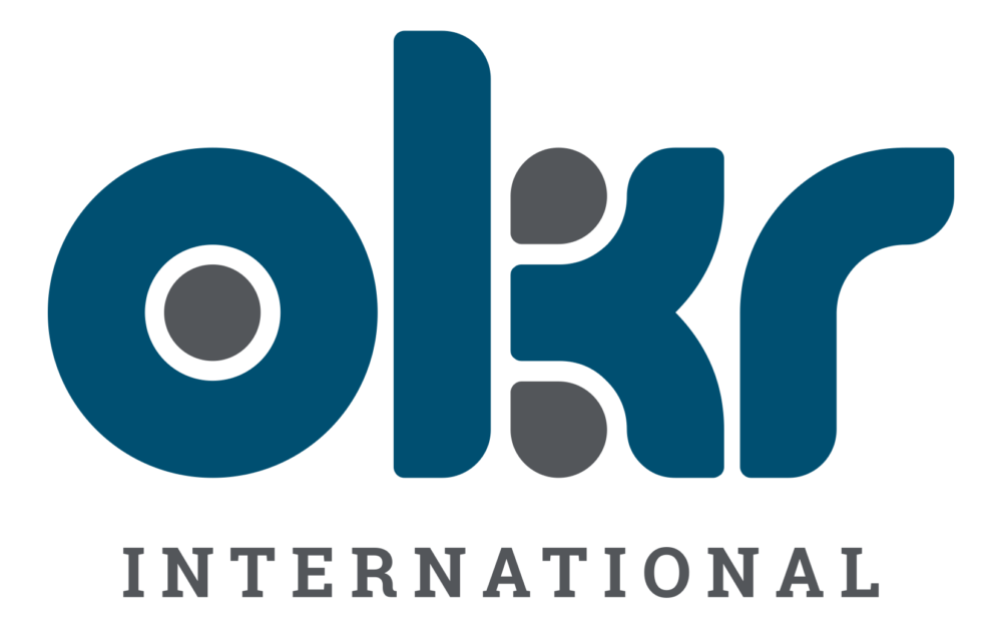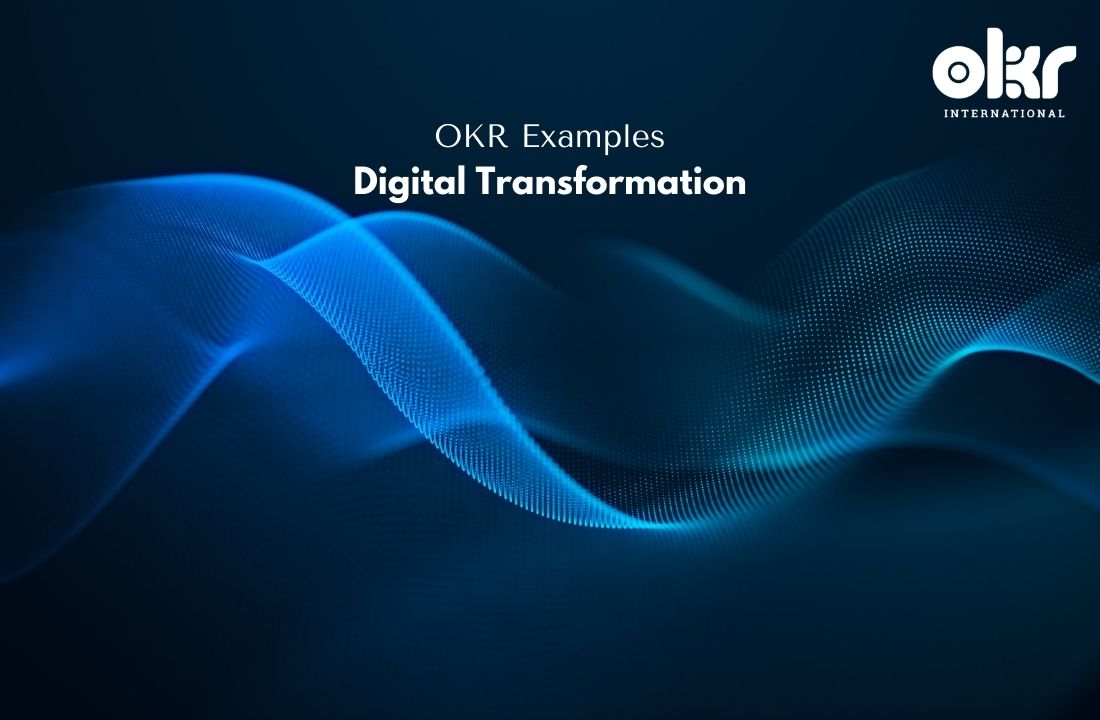10 Incredible OKR Examples in Digital Transformation
Digital transformation has become a strategic imperative for organizations looking to stay competitive and thrive in the digital age. Objectives and Key Results (OKRs) can play a pivotal role in driving successful digital transformation initiatives. Here, we present ten incredible OKR examples in digital transformation, offering valuable insights for organizations aiming to embrace digital technologies and unlock new opportunities.
1. Enhancing Digital Customer Experience
Objective: Deliver exceptional digital experiences that delight customers.
Key Results:
- Increase customer satisfaction scores for digital interactions by 15% within the next quarter.
- Achieve a 20% increase in mobile app downloads or website traffic within the next six months.
- Implement 1 customer feedback mechanism to capture insights and drive continuous improvement.
2. Driving Innovation through Emerging Technologies
Objective: Leverage emerging technologies to drive innovation and create competitive advantages.
Key Results:
- Identify and pilot at least 2 emerging technologies relevant to the organization’s industry or business model within the next year.
- Launch 1 minimum viable product (MVP) using an emerging technology within the next six months.
- Measure the impact of 5 emerging technologies on business performance and customer satisfaction.
3. Accelerating Agile and Lean Practices
Objective: Foster an agile and lean mindset across the organization to drive speed and adaptability.
Key Results:
- Implement 2 agile methodologies, such as Scrum or Kanban, in at least two cross-functional teams within the next quarter.
- Reduce time-to-market for digital products or features by 20% within the next year.
- Conduct regular retrospectives to identify 3 process improvements and implement action plans.
4. Optimizing Digital Operations
Objective: Streamline and automate digital processes for operational efficiency.
Key Results:
- Reduce manual touchpoints in digital processes by 30% within the next six months.
- Implement 1 robotic process automation (RPA) or intelligent automation in at least 3 key digital workflows within the next year.
- Measure and improve 100% of key performance indicators (KPIs) such as cycle time or error rates in digital operations.
5. Building Data-Driven Decision-Making
Objective: Establish a data-driven culture and leverage data for informed decision-making.
Key Results:
- Define and track 3 key digital metrics aligned with organizational objectives, such as conversion rates or customer retention rates.
- Implement 1 data analytics tool or platform to analyze digital data and extract actionable insights within the next quarter.
- Conduct 4 regular data reviews and use data insights to drive strategic initiatives and optimizations.
6. Strengthening Cybersecurity and Data Privacy
Objective: Enhance cybersecurity measures and protect customer data privacy.
Key Results:
- Conduct 1 comprehensive cybersecurity audit and address 100% of identified vulnerabilities or gaps within the next six months.
- Implement 3 privacy-by-design principles and ensure 100% compliance with relevant data protection regulations.
- Provide cybersecurity training to all employees and achieve a 100% completion rate within the next quarter.
7. Enabling Remote Work and Collaboration
Objective: Embrace digital tools and technologies to enable effective remote work and collaboration.
Key Results:
- Implement 1 cloud-based collaboration platform and achieve widespread adoption within the next quarter.
- Enable seamless remote access to 100% digital resources and systems for all employees within the next six months.
- Measure employee satisfaction and productivity improvements resulting from remote work capabilities by running 5 surveys this quarter.
8. Upskilling Workforce for Digital Fluency
Objective: Invest in employee development to enhance digital skills and capabilities.
Key Results:
- Identify 3 key digital skills required for the organization’s future success and develop training programs to address skill gaps.
- Provide digital literacy training to 100% employees and achieve a 80% proficiency within the next year.
- Measure the impact of 60% of upskilling initiatives on employee performance and digital project outcomes.
9. Driving Digital Marketing and Customer Acquisition
Objective: Optimize digital marketing strategies to attract and convert customers.
Key Results:
- Increase website or app traffic by 25% within the next quarter through targeted digital marketing campaigns.
- Improve conversion rates for digital channels, such as email or social media, by 15% within the next six months.
- Implement marketing analytics tools to track and optimize the effectiveness of digital marketing efforts by 70%.
10. Establishing Strategic Digital Partnerships
Objective: Forge strategic partnerships with digital leaders and leverage their expertise.
Key Results:
- Identify and establish partnerships with at least 2 digital technology providers or startups within the next year.
- Collaborate on joint projects or initiatives with 3 strategic partners to drive innovation and business growth.
- Measure the value and impact of 3 strategic partnerships on digital transformation objectives.
By adopting these OKR examples in digital transformation, organizations can drive innovation, enhance customer experiences, optimize operations, and enable a culture of digital excellence. These strategic objectives and key results serve as guiding principles for organizations seeking to thrive in the digital landscape and achieve long-term success.

When looking to set OKRs, it’s natural to want examples to ignite the thought process or simply compare yours to OKR Examples. Check out our compendium of OKR Examples here.
Explore Our Range of Services
Bring OKRs (Objectives and Key Results) to your organisation with our tried & tested OKR Framework.


OKR International’s highly acclaimed Certified OKR Practitioner Program is the first and only OKR accreditation endorsed by ICF & HRCI for continuing education units.
OKR International helps leaders create the alignment, engagement and result orientation needed for growth by offering OKR Advisory services.



